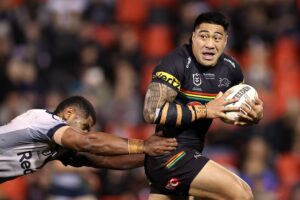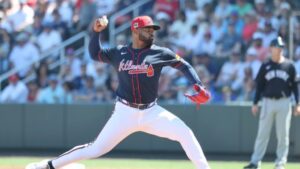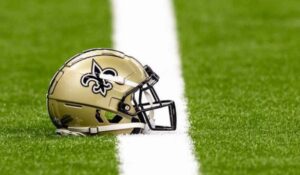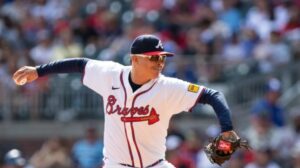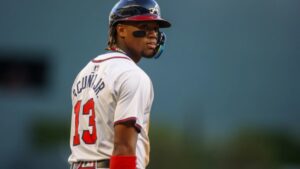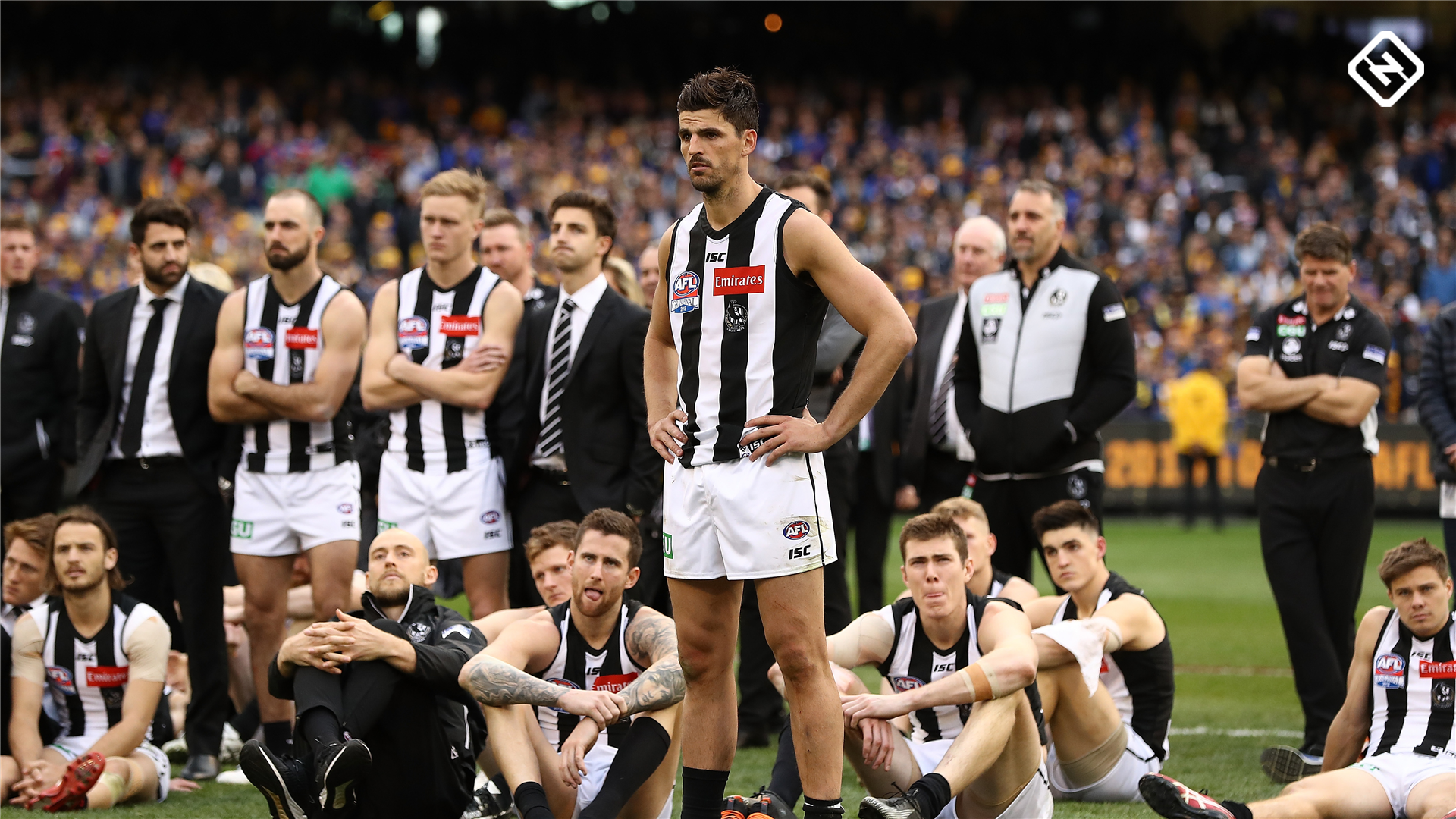
The 1991 AFL season kicked off on March 22, and Collingwood started with an impressive 12-goal victory. However, their season took a downturn, reminiscent of a post-premiership hangover. Concerns arose early for coach Leigh Matthews when a player’s lackluster motivation was evident during a scratch match. Additionally, the sight of Collingwood players frequenting local bars hinted at underlying issues.
Fast forward to the present, where the football landscape has evolved, and teams can face significant scrutiny early in the season. Collingwood’s recent third consecutive loss to St Kilda has intensified discussions about their form and direction. The club’s penchant for sparking extreme reactions, whether in success or struggle, remains unchanged. Even trivial matters like a mid-field low-five have become topics of serious debate among pundits and fans alike, showcasing the heightened scrutiny Collingwood faces.
There are clear signs of trouble within the Collingwood team. They appear flat, out of form, and potentially predictable to their opponents. In a competitive environment like the AFL, even a slight drop in performance can lead to significant challenges. Facing a strategist like Ross Lyon only compounds their issues, as his teams are known for their meticulous preparation and ability to exploit weaknesses.
Across the board, Collingwood is struggling with fundamental aspects of the game. Tackling, passing accuracy, and risk management are all areas where they are falling short. Particularly concerning is their defensive structure, which seems disorganized and vulnerable. The absence of Nathan Murphy, who played a crucial role in their defensive system, is keenly felt. Without him, players like Darcy Moore are struggling to find their footing and replicate their previous impact.
Moore, despite his efforts, appears to be grappling with doubts and hesitations, impacting his overall performance. This uncertainty has affected the team’s overall style of play, diminishing the aggressive and cohesive approach they were known for.
Throughout Collingwood’s successful run since the middle of the 2022 season, there has always been a lingering question about their true greatness and sustainability. While they achieved remarkable victories, including a memorable Grand Final win and thrilling matches, they often navigated around their limitations.
Collingwood’s style of play often relied on taking calculated risks and challenging opponents to find weaknesses in their approach. However, teams like Melbourne, GWS, and Brisbane managed to exploit these vulnerabilities in recent times, revealing cracks in Collingwood’s armor. The margins of defeat in these games have not been flattering for Collingwood, indicating that their opponents have studied and figured them out.
These results highlight the overall improvement in competitiveness across the AFL, suggesting that Collingwood’s previous success may have been somewhat circumstantial and that they now face a more formidable challenge in maintaining their status as a top team.
In the context of the AFL’s extended season, teams like Carlton and GWS have shown that a strong late-season surge can lead to success, even when starting from a lower position in the standings. Historical examples from teams like Hawthorn, Richmond, and Geelong also demonstrate that slow starts are not always indicative of a team’s overall season trajectory.
While beginning the season at 0-3 presents a notable challenge, it is not an insurmountable obstacle. However, Collingwood must adapt and find alternative strategies for success. In past seasons, their victories often felt like extraordinary events that required exceptional teamwork, energy, and belief in their abilities, often spearheaded by key players like Nick Daicos.
Coach Craig McRae and the Collingwood team face the stark reality that maintaining such a high level of performance over an extended and highly competitive season is incredibly difficult. They must navigate the pressure of being a top team in a league where parity is increasing, and every opponent is gunning for them. This challenge demands a sustained level of excellence that only the truly great teams can achieve consistently, and Collingwood has yet to prove themselves as that caliber of team over multiple seasons.

